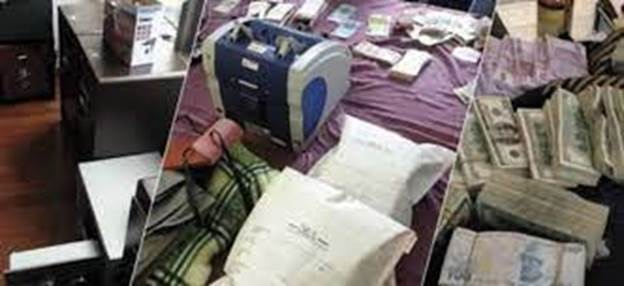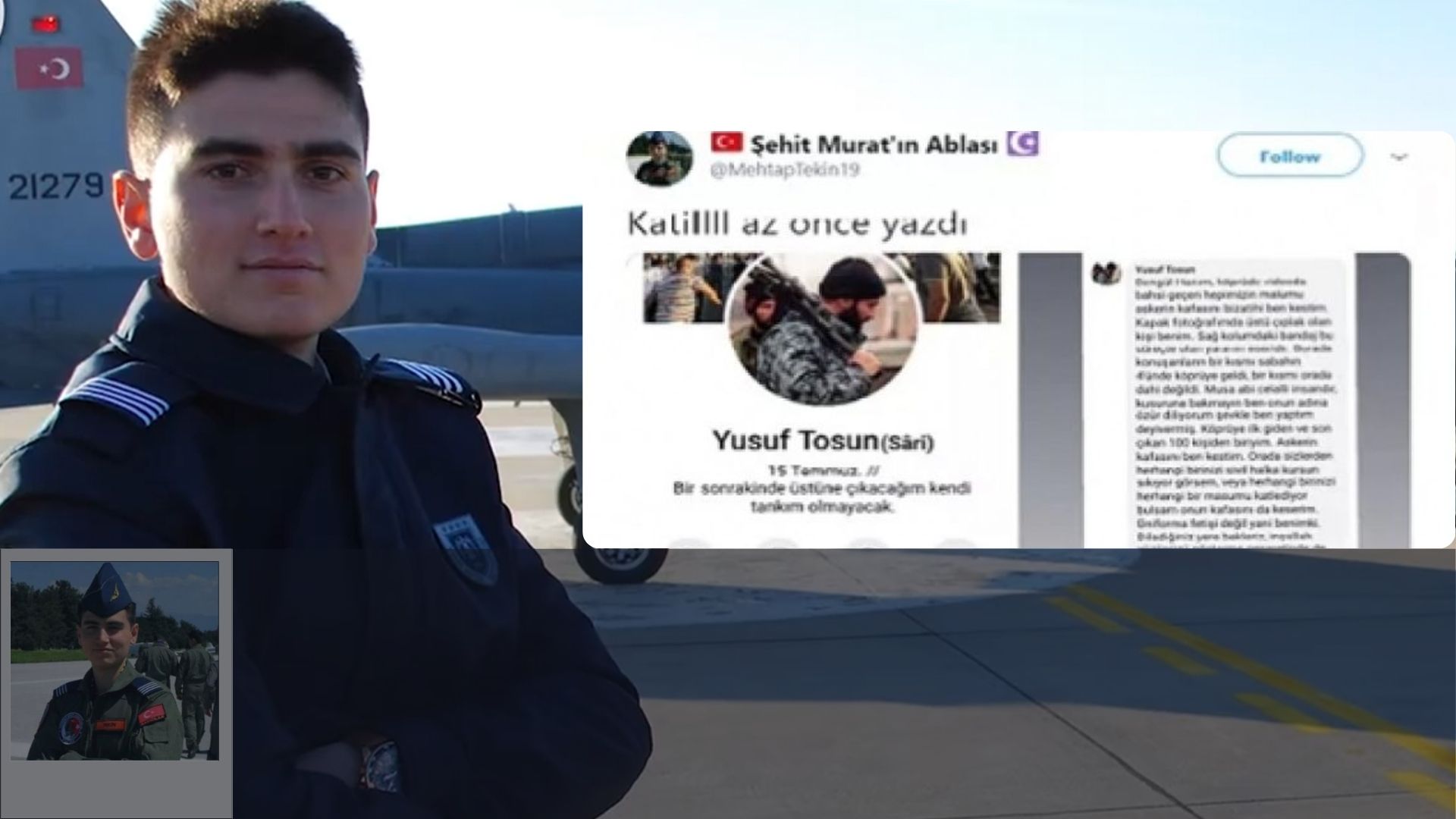Were the 17/25 December Investigations Really a Coup Attempt as Alleged?

Recently, a claim has been circulating: that the 17/25 December investigations were actually a coup attempt. But is this claim true? What does the law say? Let’s look at the issue in a way that everyone can understand. Frankly, it’s a problem that any criminal law professor could easily resolve. In fact, I wouldn’t even call it a problem.
However, criminal law scholars have avoided addressing it - and continue to do so. That’s because they’re afraid of the perpetrators involved in this matter.
Since no criminal law expert has stepped in, let’s try to analyze it in a way the general public can understand. First of all, let’s clarify this: crimes and punishments are defined in the Turkish Penal Code (TPC). If an act occurs and that act constitutes a crime, the nature of that crime is defined in the TPC. The procedures for investigating and prosecuting the crime, and how punishment is administered, are outlined in the Code of Criminal Procedure (CCP). In short: the TPC covers the essence; the CCP covers the procedure.
So, what is a crime, and what is the procedure for investigating a crime? These could fill volumes of books, but let me explain it simply:
For an act to be considered a crime, it must be defined in the TPC. For example, in the case of a coup, the criminal act is explicitly described in Article 309 of the TPC.
Now, let’s consider what it takes to overthrow the government (Art. 312), render Parliament non-functional (Art. 311), or violate the Constitution (Art. 309). If these are done through lawful means, they are not crimes. For example, if elections are held and a party loses, that is not a coup. Everyone understands this.
Now consider this: If a prosecutor initiates an investigation using their legal powers, can that be called a coup? At what point would such an action constitute the crime of a coup?
Let’s answer this by considering three possible scenarios:
First Scenario:
The prosecutor fabricated all the evidence either alone or in collaboration with the police, then started an investigation within the scope of their legal authority. Would this constitute a coup? Absolutely not. Because the crime of a coup requires the use of force and violence. A prosecutor doesn’t have that kind of power. However, if the police forcibly arrested people at gunpoint and this directly led to the government being overthrown, then the police could be charged with the crime of a coup, and the prosecutor could be charged with incitement to commit a coup. But for this to happen, as I said, all evidence would have to be fake or fabricated. In short, in this scenario, prosecutors could potentially be considered coup perpetrators, depending on the facts.
Second Scenario:
The prosecutor already has enough evidence to start an investigation on one minister but delays the process to gather evidence on more ministers or even the Prime Minister. What happens then? That would fall under misuse of office, which is covered by Article 257 of the TPC. Inspectors would ask the prosecutor: "Why didn’t you act with the authority you already had? Why did you wait to involve other ministers?" The prosecutor might respond: "The evidence was sufficient, but I noticed other individuals were also involved, so I waited to complete the file and uncover all the culprits."
Inspectors would evaluate this defense. If they believe the prosecutor is telling the truth, no further action would be necessary, and the prosecutor would continue working as usual.
Third Scenario:
The main opposition party also declared that all the recordings were genuine. Not only that, they obtained forensic reports from an international lab, which confirmed the recordings had not been tampered with, and they shared this with the public. Additionally, some of the locations mentioned in the recordings—such as villas—were confirmed, showing that efforts were made to "zero out" (hide) the money.
So, which of the three scenarios does this case fall under?
It clearly does not fall under the first scenario. You've probably reached that conclusion too. That means there was no coup-related act to begin with.
So, can we refer to the 17/25 December investigations as a coup attempt? Absolutely not.
Of course, for their own defense, the ministers, their collaborators, and their allies will label it as a coup. Because no other defense strategy would save them. If they tried anything else, the conversation would immediately shift to whether the audio recordings are genuine.
So if there was no coup, what was the nature of the prosecutors’ investigation? At this point, that question is no longer very important. The worst crime the prosecutors might have committed is misuse of office - for example, for conducting a large-scale investigation instead of handling each case individually. The prosecutors could respond by saying: "We waited to gather complete evidence and uncover all the suspects in this organized crime." In my opinion, that’s exactly what a proper investigation should look like.
Let’s draw some conclusions from this case:
First, in my view, the elite class that had no direct involvement in these incidents but still called these investigations a coup were most likely connected to similar crimes themselves. If not, then they were definitely benefiting from such crimes. The lower classes, on the other hand, were deceived through religion and religious values. But now, many of them are beginning to see the truth.
Second, if the evidence wasn’t fabricated, no prosecutorial investigation can be considered a coup.
Third, if the 17/25 December investigations had received proper support, Turkey would not be experiencing today’s economic crisis. There would be no government awarding a one-lira contract for three liras, splitting the two-lira difference with contractors; no unnecessary airports in small towns; no absurd passenger guarantees; and no contractors "screwing the nation." This economic crisis would not exist.

Conclusion:
Whether good or bad, right or wrong, the 17/25 December investigations were based on real evidence. Calling it a coup is simply not possible. Unfortunately, those who sided with thieves and looters instead of the prosecutors and judges at that time are also the ones responsible for the crisis we are currently experiencing.
Judge Col. Dr. Cemil Çelik




